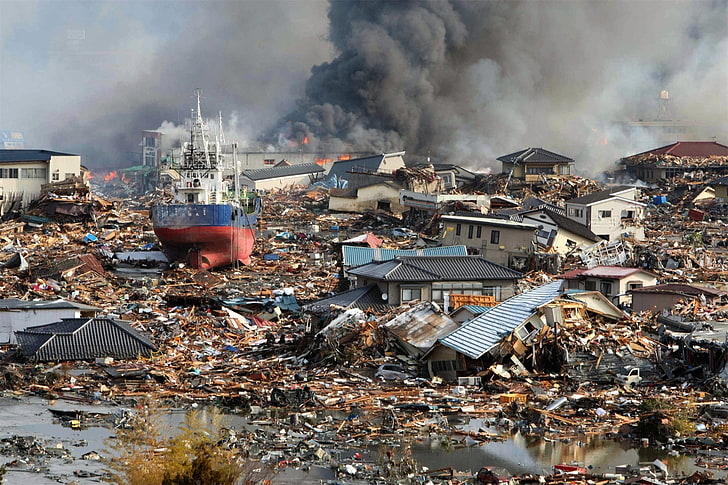California, known for its scenic beauty and vibrant culture, is also notorious for its seismic activity. Living in such an earthquake-prone area brings the question of earthquake insurance to the forefront for homeowners and renters alike. This comprehensive guide will explore the various aspects of earthquake insurance in California, helping you decide if it’s a necessary safeguard for your property and peace of mind.
Should You Get Earthquake Insurance in California?
California’s geographical location makes it highly susceptible to earthquakes. The state is crisscrossed by numerous fault lines, the most famous being the San Andreas Fault. History has shown that significant earthquakes are not just a possibility but an inevitability in California. The potential for damage ranges from minor structural cracks to complete property devastation.
The Big One
Geologists have long warned of the likelihood of a major earthquake in California, often referred to as “The Big One.” This eventuality raises serious considerations about preparedness, including the role of insurance in mitigating financial losses.
What is Earthquake Insurance?
Earthquake insurance provides coverage for damages to your property caused by an earthquake. Standard homeowners’ insurance policies do not cover earthquake damage; thus, earthquake insurance must be purchased separately.
Coverage Details
A typical earthquake insurance policy covers:
- Dwelling Coverage: Repair or rebuilding costs for your house.
- Personal Property Coverage: Replacement of personal belongings.
- Additional Living Expenses (ALE): Costs incurred if your home is uninhabitable during repairs.
Pros and Cons of Earthquake Insurance
Pros:
- Financial Protection: Can cover the high costs of repairing or rebuilding your home and replacing personal property.
- Peace of Mind: Knowing you’re financially protected can provide significant peace of mind, especially in a high-risk area.
- ALE Coverage: Additional living expenses can be a lifesaver if you’re displaced from your home.
Cons:
- High Deductibles: Earthquake insurance typically has high deductibles, often ranging from 10% to 20% of the policy limit.
- Premium Costs: The premiums can be expensive, depending on the location, age of the home, and construction type.
- Limited Coverage: Certain items and types of damage may not be covered.
Assessing Your Need for Earthquake Insurance
Location and Building Type
- High-Risk Areas: If you live near active fault lines, insurance is more compelling.
- Building Type: Older buildings or those not built to current seismic standards are at greater risk.
Financial Considerations
- Affordability: Can you afford the premiums and the high deductible?
- Risk vs. Cost: Weigh the cost of premiums against the potential costs of repairs or rebuilding without insurance.
Personal Risk Tolerance
- Evaluate your comfort level with risk. If the potential financial burden of an earthquake worries you, insurance might be a prudent choice.
Earthquake Insurance in the California Market
California Earthquake Authority (CEA)
- The CEA is a publicly managed, privately funded organization offering earthquake insurance to California residents.
- CEA policies are flexible, allowing homeowners to tailor coverage to their needs and budgets.
Private Insurance Options
- Some private insurers offer earthquake coverage, which might provide different terms and benefits than CEA policies.
The Reality of Recovery Without Insurance
Financial Burden
- Repairing or rebuilding without insurance can be financially crippling. The Federal Emergency Management Agency (FEMA) offers some assistance, but it’s usually insufficient to cover all costs.
Community Impact
- The broader community impact of a major earthquake can be extensive, affecting local economies and infrastructure.
Conclusion:
Deciding whether to purchase earthquake insurance in California is a personal choice that depends on multiple factors, including your location, financial situation, and tolerance for risk. While the premiums and deductibles are considerable, the potential costs of recovery without insurance can be overwhelming. Careful consideration and consultation with insurance professionals can help you make an informed decision that aligns with your needs and circumstances. In an earthquake-prone state like California, being prepared and protected can make a significant difference in the face of a seismic event.







